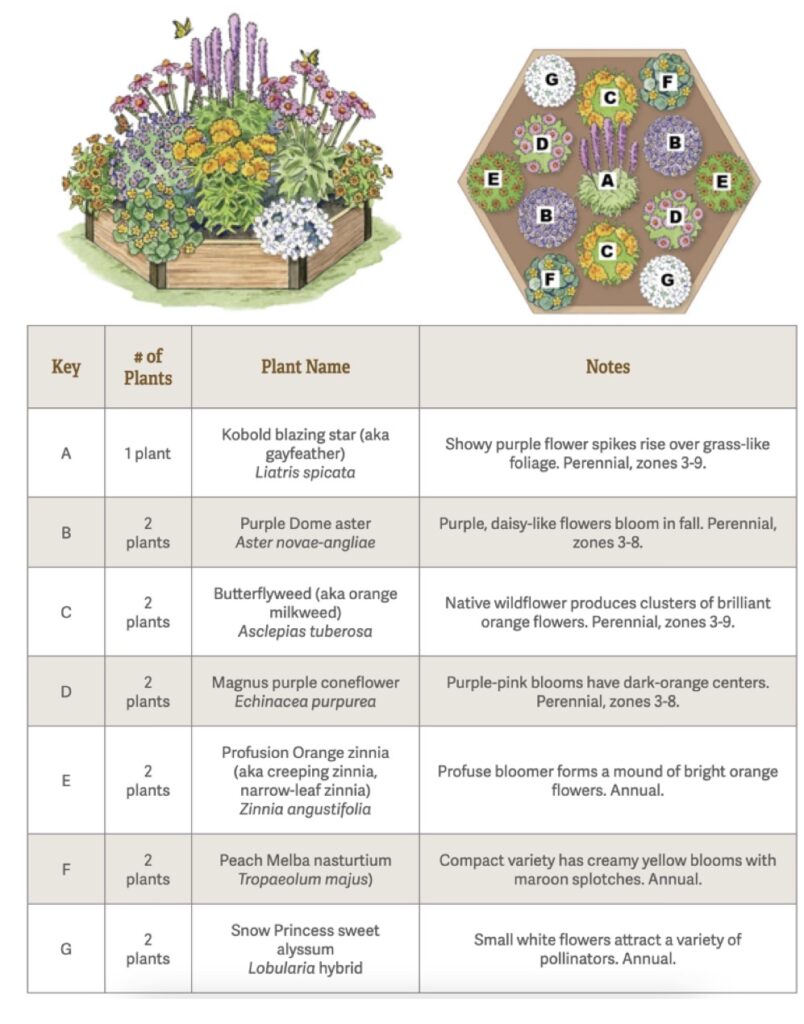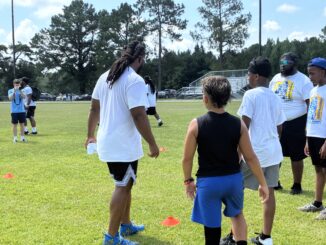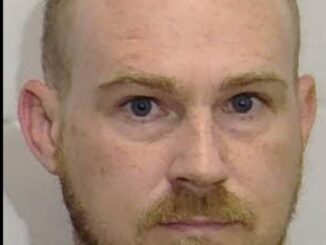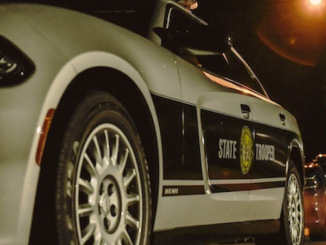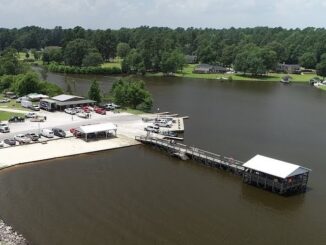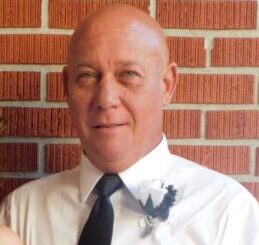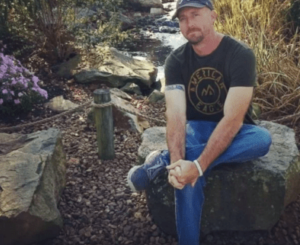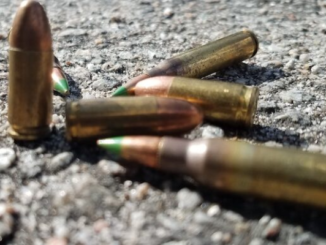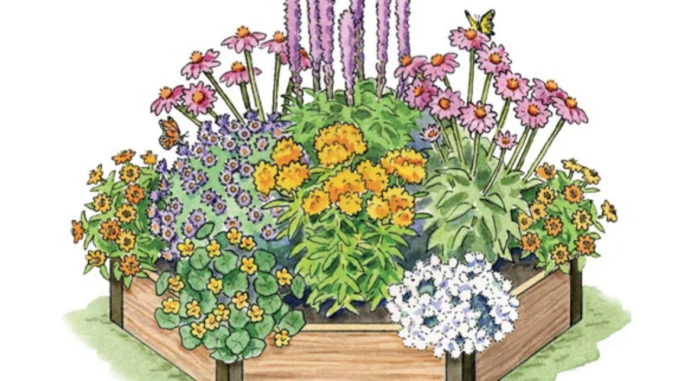
By Lisa Yemma, Yemma Farm
North Carolilnians are known for their hosting skills – from backyard BBQs to formal dinners, but did you know that you can also host butterflies?
As insects that go through the process of metamorphosis, each stage of development needs different energy sources. The adults lay their eggs on a plant that the caterpillars will eat when they hatch. This plant is referred to as the host plant, and butterflies have a variety of host plants.
One in particular, the monarch butterfly, has a very specific host plant, the milkweed. The monarchs lay their eggs on a milkweed plant, and when the caterpillar hatches it is ready to start eating the leaves. They can only digest milkweed, so without them, the monarchs can not complete their life cycle.
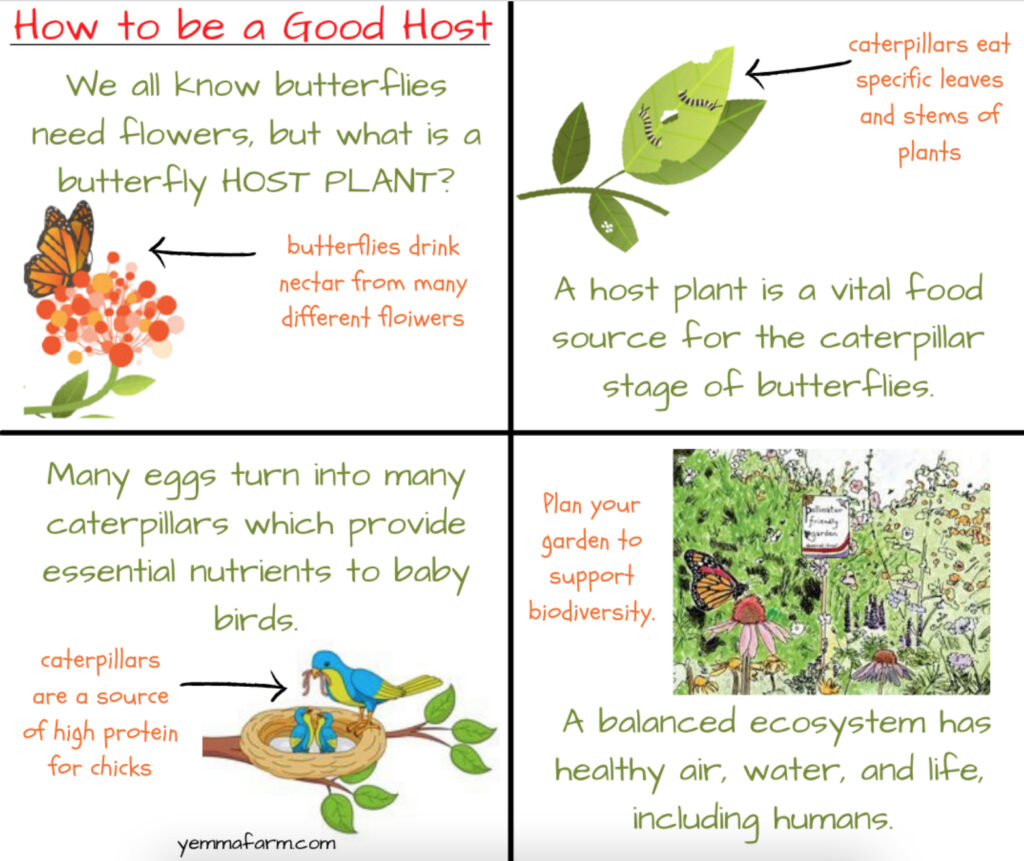
The monarch caterpillars will strip the milkweed plants of their leaves and then find a place to attach and enter the chrysalis stage. Meanwhile, the milkweed regrows its leaves, flowers again, and the process can start over.
The monarch caterpillars need our help. They need us to plant milkweed so that when they migrate on their long journey they have a place to stop over and lay their eggs. As we build subdivisions and cut down forests, we’ve disrupted the landscape’s plants and animals and they need us to create backyard habitats. We can help fill in the gaps by planting native gardens that support our native life, including our own.
Here’s what you can do:
• Make sure you have several varieties of flowering plants that adult butterflies eat nectar from.
• Select the host plants that support our local caterpillars.
• Design your garden bed.
• Find a responsible, local, sustainably grown plant nursery.
• Get planting.
No matter the size of your garden, being a butterfly host is for our future.
Commit to our future by planting milkweed. Take a photo of your pollinator garden and tag Yemma Farm in your post. Reach out to ask questions or get support in planning your garden. It’s for the future.
